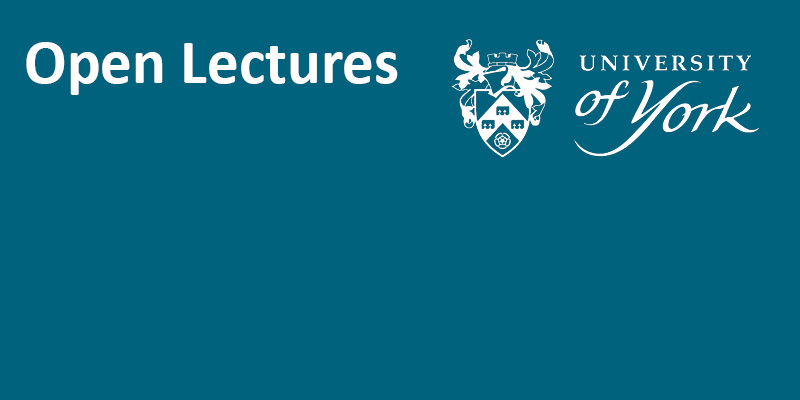
Child rape in Nigeria: The weathered hands of the law and endangered human rights defenders Betty Abah, Visiting Fellow, Centre for Applied Human Rights
Event details
Learning from Human Rights Defenders
WARNING: Upsetting content
It is a daily occurrence in Nigeria—the pages of newspapers littered with graphic details of rape, especially of minors ranging from age two to 12.
In late August, it was the case of a four-year old girl raped in Ogba area of Lagos, South West Nigeria; earlier in the year, a 16-year-old in Edo State, South-South Nigeria dying alongside two NGO workers on the way to court anticipating judgment delivery against her own father who had impregnated her after several years of rapes and abortions. Or the six-month old baby in Kano, up north, who was badly deformed after being raped by a man in his 40’s (with his wife aiding the process) as cure for their childlessness, in the words of their spiritualist, and the list goes on—daily. Besides the case of the late teenager, none of the above has secured judgement even with the wide publicity attending the cases.
It is obvious; the high rates derive from a weak and indeed weathered law enforcement. The Nigeria Childs Rights Act (CRA) of 2003, Violence Against Persons Prohibition (VAPP) Act of 2015 are just a few of policies and regulations that ‘beautify’ our legal landscape albeit in various stages of coma. A deeply corrupt police force (where people pay themselves off offender’s list), a laid-back and ineffective judiciary (where cases can linger for 20 years) and a society rife with the rape culture is perfect receipt for a major rape crisis.
But another alarming dimension is the danger faced by those who speak out against the offenders, especially powerful offenders. Betty Abah will discuss her work as a child rights advocate in Nigeria and the risks it brings with it.
Betty Abah
Betty Abah started mobilizing her peers at age 14 when she started a Sunday school club in her neighbourhood in her home community of Benue, North Central Nigeria. Later she led female campus journalists in the university where she also wrote on perceived injustices in the system. Her six-year stint as a journalist was dedicated to amplifying unheard voices, which won her both local and international awards.
In 2008, Ms Abah left full-time journalism to focus on activism while remaining in advocacy journalism. Since then she has led many successful human rights campaigns, many of which were achieved by series of social media exposés and publicity. She has been a loud voice for child victims of sexual abuse, police brutality and multi-faceted abuses in Nigeria. Many of the cases have seen legal actions taken and the perpetrators being arrested and prosecuted.
Ms Abah has utilised the media—through writing on social and traditional media platforms, producing short video documentaries, as well as granting interviews for radio, TV, online platforms and print media both locally and internationally, in all, fighting injustice, calling for and working towards a fair and just society.